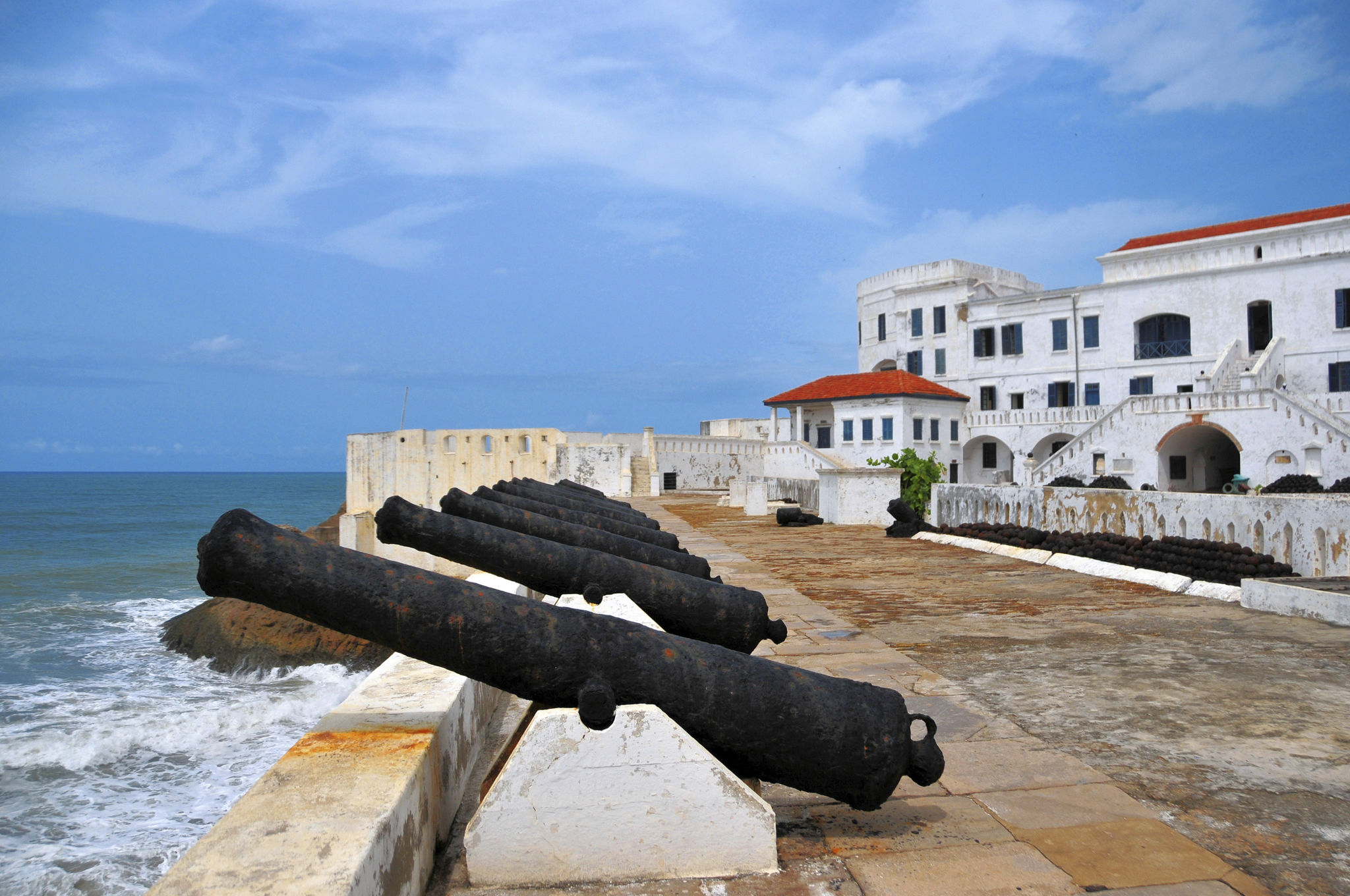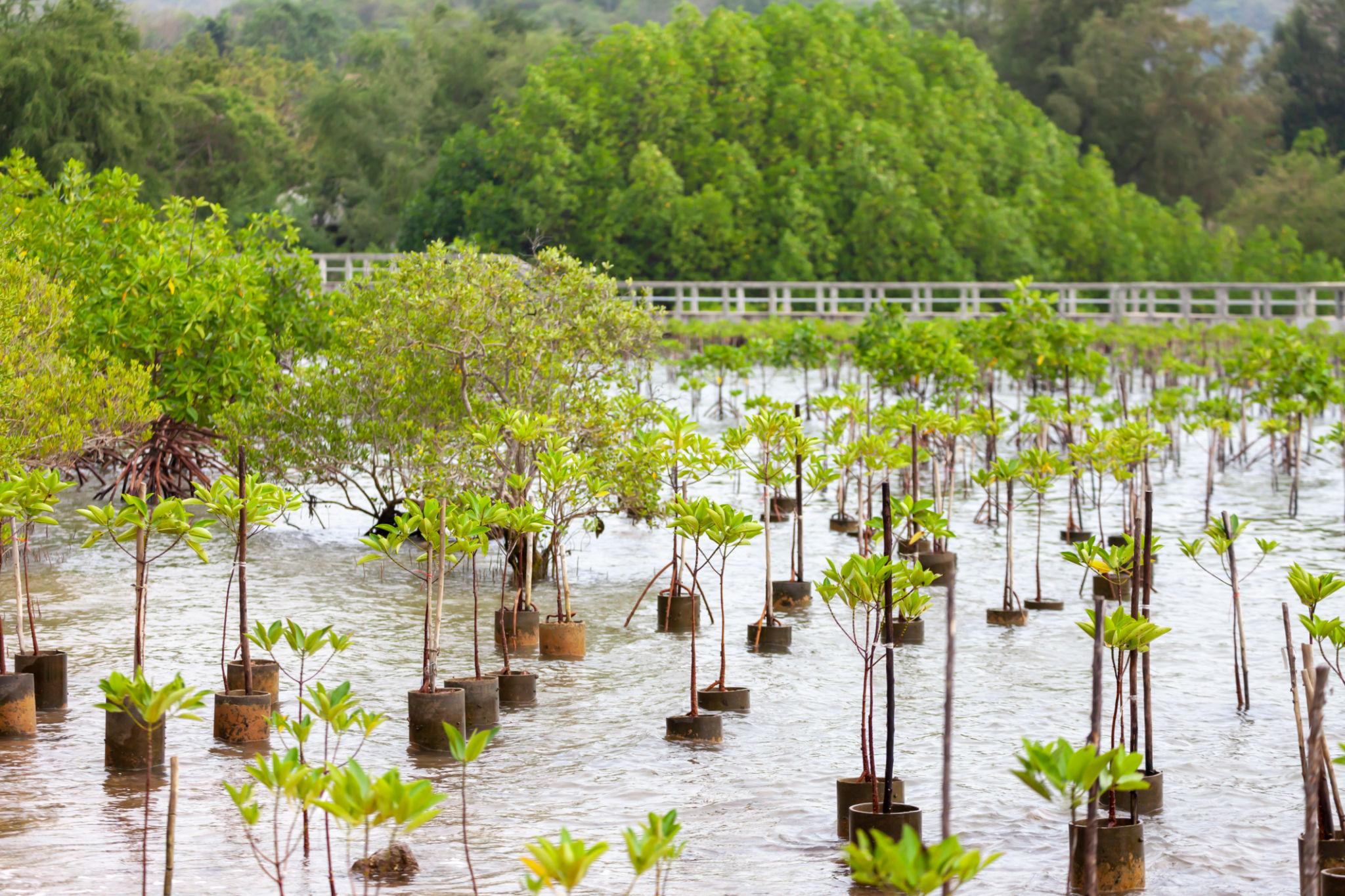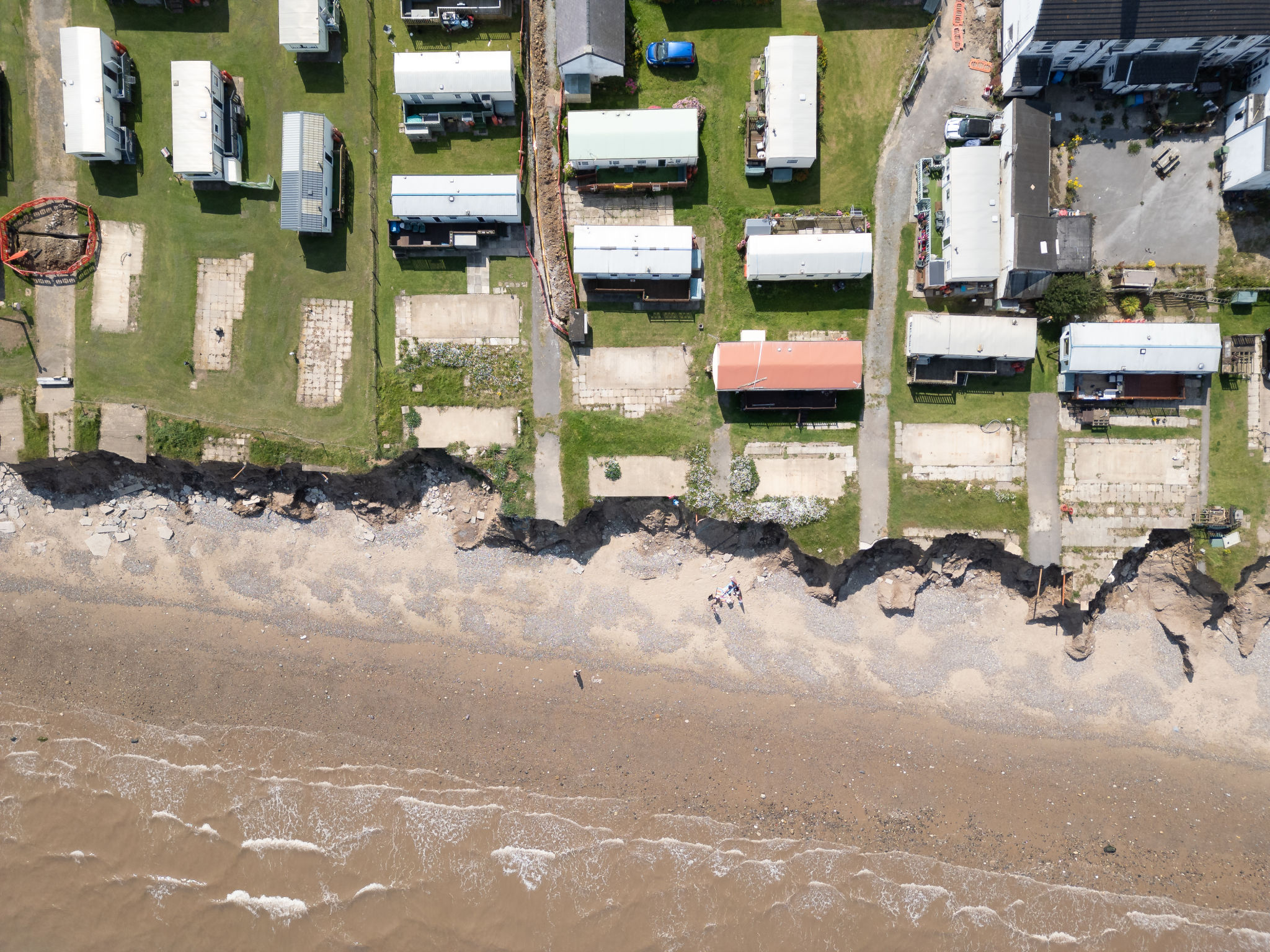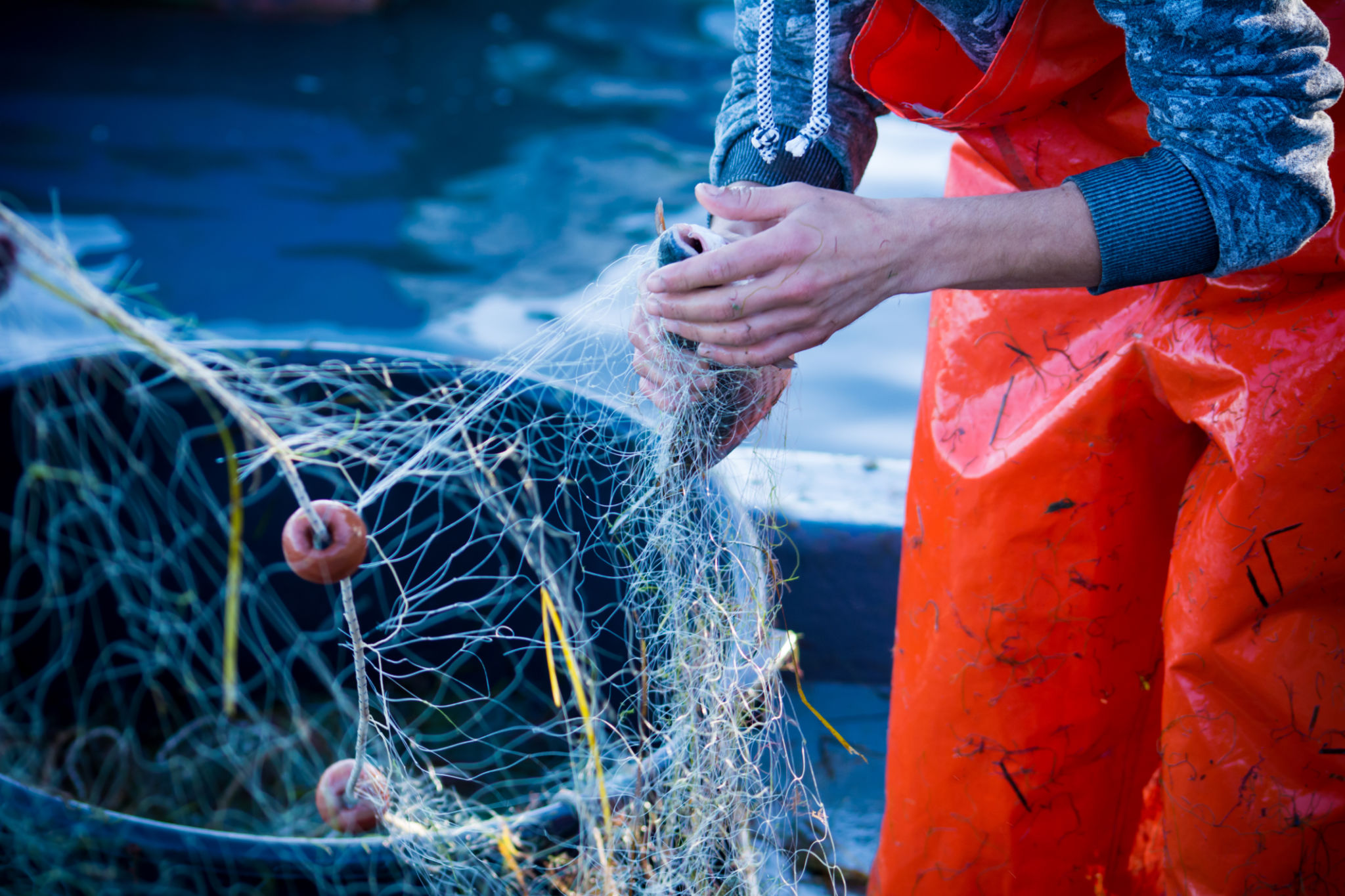The Role of Local Communities in Protecting Ghana's Coastlines
Understanding Ghana's Coastlines
Ghana's coastlines, stretching over 500 kilometers along the Gulf of Guinea, are among its most treasured natural resources. These coastlines are not only biologically rich but also play a crucial role in the nation's economy through fishing, tourism, and trade. However, Ghana's coastlines face significant threats from erosion, pollution, and climate change. The local communities living along these coastal areas are pivotal in protecting and preserving these vital ecosystems.

The Importance of Community Involvement
Local communities have an intimate knowledge of their environments, which positions them uniquely in conservation efforts. Community involvement in coastal protection ensures that conservation strategies are both effective and culturally appropriate. By engaging local communities, conservation efforts can be tailored to the unique challenges and opportunities present in each area.
Involving communities also empowers them to take ownership of their environmental resources. This sense of stewardship is crucial in ensuring long-term sustainability and fostering a collective responsibility towards the coastlines.

Community-Led Initiatives
Across Ghana, numerous community-led initiatives are making significant strides in coastal protection. These include:
- Mangrove Restoration Projects: Local groups are actively involved in planting mangroves, which are vital in preventing coastal erosion and providing habitats for marine life.
- Beach Clean-up Campaigns: Regular community-organized clean-ups help tackle pollution and raise awareness about the importance of maintaining clean coastlines.
- Sustainable Fishing Practices: By adopting sustainable fishing techniques, communities are able to preserve fish populations while maintaining their livelihoods.

Challenges Faced by Local Communities
Despite their crucial role, local communities in Ghana face several challenges in protecting their coastlines. Limited resources, lack of access to technology, and insufficient government support can hinder their efforts. Additionally, climate change poses a growing threat, with rising sea levels and increased storm intensity exacerbating the problems faced by these communities.
Addressing these challenges requires a collaborative approach that includes governmental support, NGO involvement, and international partnerships. By providing the necessary resources and support, the capacity of local communities to protect their coastlines can be significantly enhanced.

The Way Forward
Moving forward, it is essential to integrate local communities into wider national and international environmental strategies. This integration will ensure that conservation efforts are comprehensive and inclusive, reflecting the needs and knowledge of those who live closest to the coastlines.
Education and awareness-raising are also critical. By educating younger generations about the importance of coastal conservation, we can ensure that future leaders will continue to prioritize these efforts. Additionally, increasing awareness among tourists and businesses can help reduce the environmental impact on these fragile ecosystems.
Conclusion
In conclusion, local communities in Ghana play a vital role in protecting the country's coastlines. Through community-led initiatives and collaborative efforts, it is possible to address the challenges faced by these regions. By valuing and supporting the involvement of local communities, we can ensure that Ghana's coastlines remain vibrant and sustainable for generations to come.
